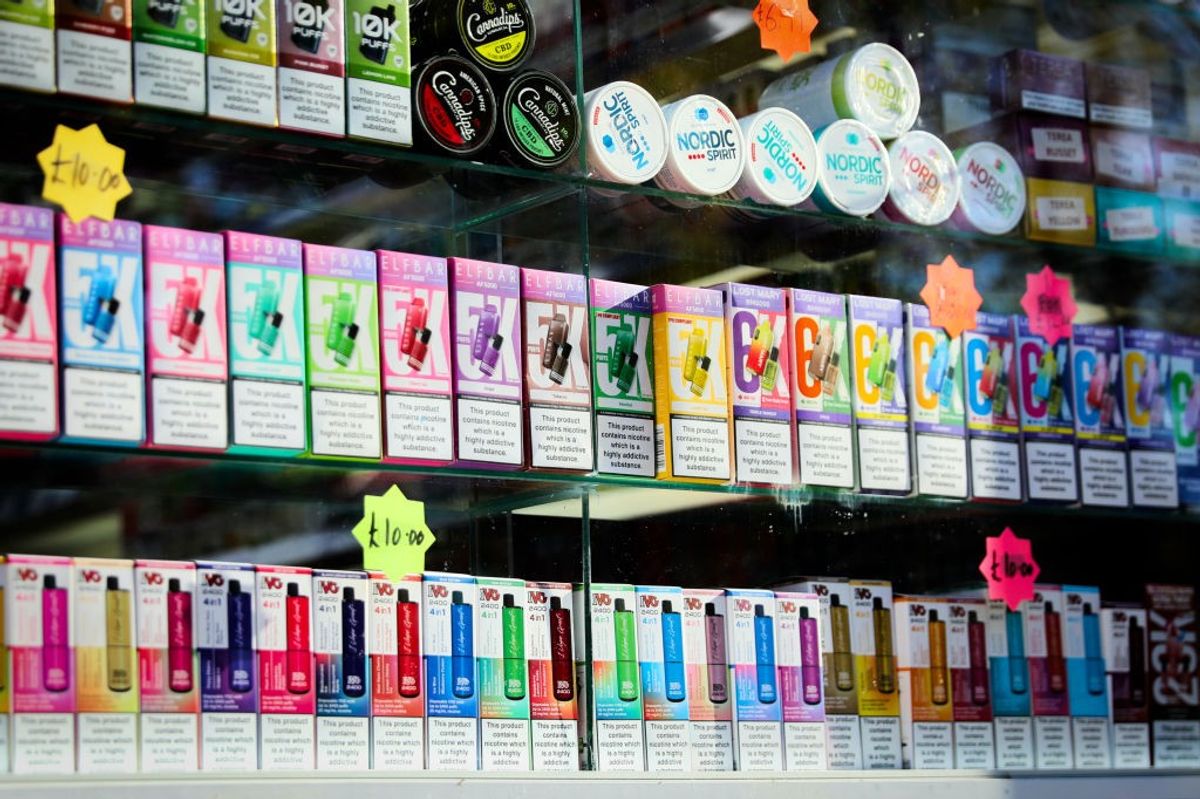The government has introduced the Tobacco and Vapes Bill the parliament, which includes a proposal for a licensing scheme for retailers selling tobacco, vape, and nicotine products across England, Wales, and Northern Ireland.
This development, welcomed by industry leaders, aims to curb illegal sales and prevent youth access to these products. If passed, the licensing scheme would be supported by on-the-spot fines of £200 for retailers found selling to minors, although some industry voices have called for even tougher penalties.
The UK Vaping Industry Association (UKVIA) welcomed the inclusion of the licensing proposal, saying the step is crucial to tackling illicit sales.
“We have been consistently calling on successive governments to introduce a robust and effective industry licensing scheme,” John Dunne, UKVIA’s director general, said, noting that a well-enforced licensing programme could generate over £50 million annually to support a Trading Standards enforcement initiative.
However, Dunne expressed concern that the £200 fine would not be a sufficient deterrent for rogue traders and argued for higher penalties, especially for distributors.
The bill arrives in the wake of other regulatory announcements, including a ban on single-use vapes set for June 2025, and a new £2.20 per 10ml duty on refillable vape liquid and prefilled pods from the Autumn Budget.
Additionally, the Bill proposes broad restrictions on vape advertising and sponsorship and includes powers to control flavors, display, and packaging of vaping products.
Marcus Saxton, chair of the Independent British Vape Trade Association and group chief executive at vape retailer Totally Wicked, commended the government’s intent to enforce stricter penalties for illegal sales but warned against “regulatory overkill.”
Saxton highlighted that overly restrictive measures could undermine vaping’s role as a quit aid for adult smokers, who rely on it as a harm reduction tool.
“Excessive restrictions on the types of products that our members can provide may reduce the products’ appeal. Even worse, they may contribute to continued misperceptions about the harm of vaping relative to tobacco smoking,” Saxton said.
“Specifically, the role of flavours in supporting adult smokers to a successful quit attempt is accepted and understood by most public health stakeholders, and we believe to have been fundamental to the success of vaping in reducing smoking rates.
“Therefore, any reference to potential powers to restrict flavours is very worrying, as it threatens the government’s own goal of the UK becoming smoke free by 2030.
Dunne also noted that the government needs to “take on board the critical role that flavours play” in the success of vaping as a harm reduction tool, calling for a on restricting inappropriate flavour names, not flavours.
“We will want to understand the detail of these powers as it is imperative that the new government establishes a balanced approach to vaping policy which safeguards against the very real challenges of youth vaping and illicit products, while preserving and promoting vaping as the most successful stop smoking tool available for adults,” he added.
The Chartered Trading Standards Institute (CTSI) voiced strong support for the licensing proposal, which aligns with its call for better regulation of youth vaping. CTSI chief executive John Herriman termed the bill as a step toward reducing youth access to vape products but stressed the importance of adequately funding Trading Standards Services to enforce these new measures.
“We stand ready to support businesses to understand their obligations, and take action against anyone who ignores those obligations, as well as being prepared to take action against businesses that flaunt them,” Herriman said.
“We feel the need to stress once again that enforcement of all these measures will be enabled by proper resourcing of local trading standards services and we look forward to seeing the government’s proposals on this as the bill passes through the parliament.”


